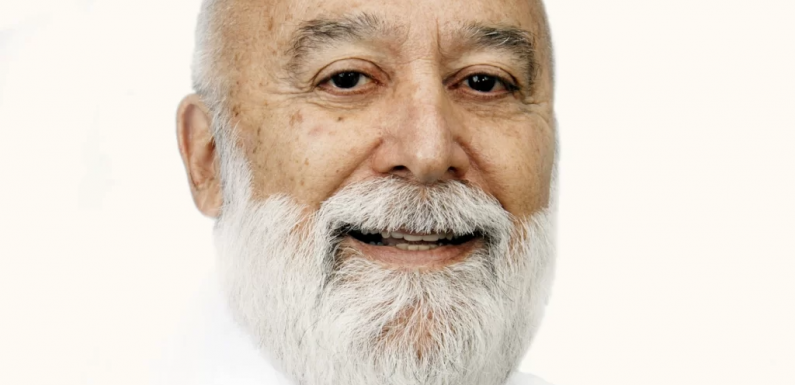
Visits to a dental clinic can be stressful for children, even when no procedure is painful. There are many reasons that cause anxiety. Early experiences in dentistry can shape how children view oral care in the future. Knowing the reasons behind their fear can support a calmer approach and encourage positive dental habits.
Unfamiliar surroundings
Dental clinics have equipment and chairs that are unlike anything children see at home. Bright lights, dental instruments, and the overall layout at the best dental clinic UAE can feel intimidating. This unfamiliarity may create a sense of uncertainty and make children hesitant to cooperate during visits.
Sounds and smells
The noises of drills, suction devices, and other tools can be loud and startling. Additionally, the smell of antiseptics or dental materials may be strong and unusual. These sensory experiences are often enough to trigger fear or anxiety in children.
Anticipation of pain
Children often associate dental visits with pain, either from their own past experiences or stories from friends and family. Even minor procedures can cause them to tense up or feel apprehensive. The expectation of discomfort often increases stress before and during appointments.
Separation from parents
For some children, sitting in the dental chair without immediate physical support from a parent can create anxiety. Being in an unfamiliar environment while feeling separated contributes to feelings of vulnerability.
Loss of control
Children may feel that they have little control over what happens during treatment. Lying back in a chair, having their mouth examined, or hearing instructions from a stranger can create a sense of helplessness. This lack of control often intensifies fear.
Past negative experiences
Previous experiences at the dentist, even minor discomfort or anxiety, can influence how a child feels about future visits. A negative memory may make them reluctant or fearful, and they may carry that apprehension into every appointment.
Pressure from external sources
Stories from peers or siblings about pain or dental procedures can also affect a child’s attitude. Hearing about negative experiences increases anxiety before the visit, even if the child has no direct reason for fear.
Children’s fear of dental clinics often comes from unfamiliar surroundings, sensory experiences, anticipated pain, and feelings of vulnerability. Awareness of these factors allows parents and dental staff to approach visits with patience and reassurance. Supporting children through these early experiences can lead to calmer visits and stronger oral health habits in the long term.
